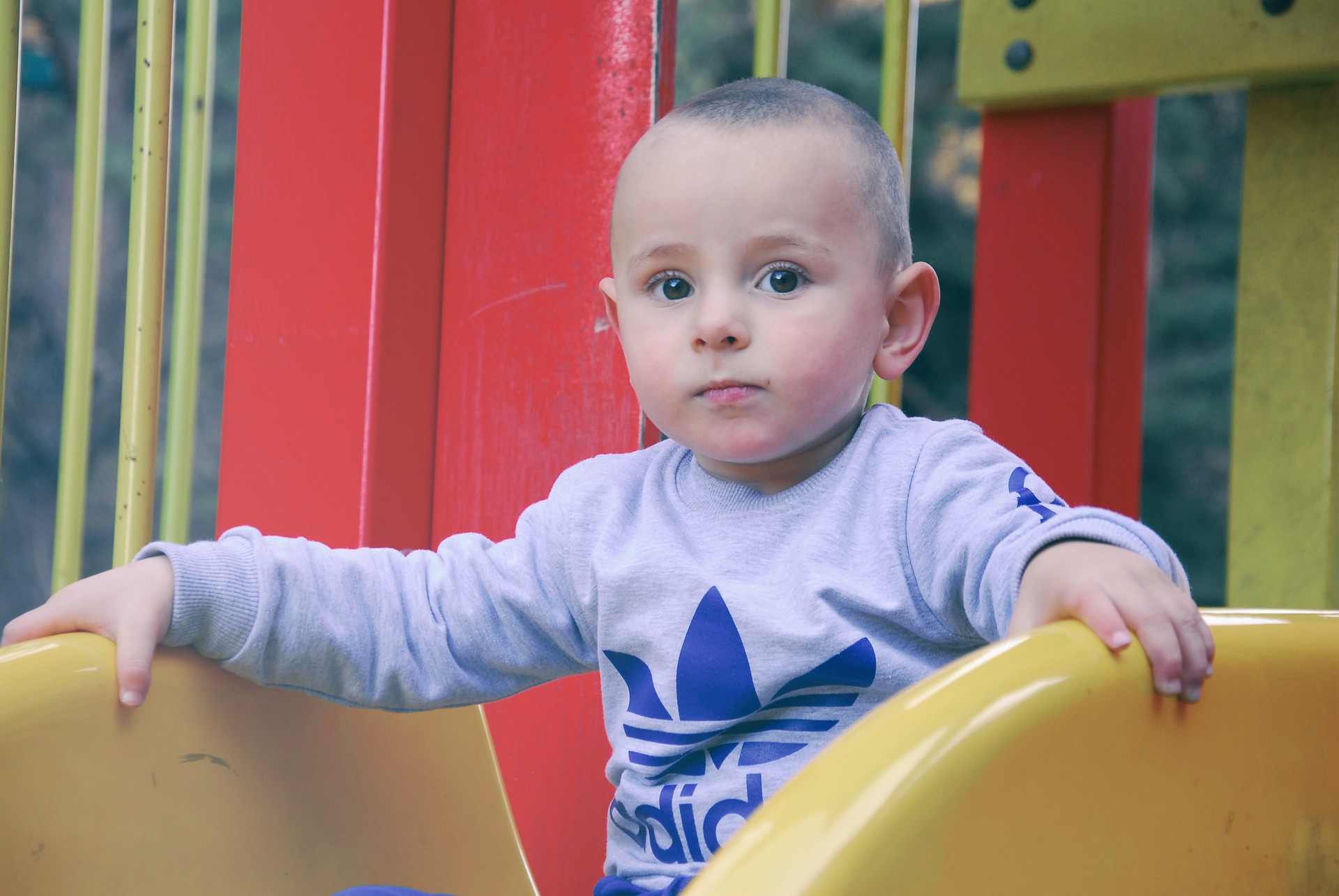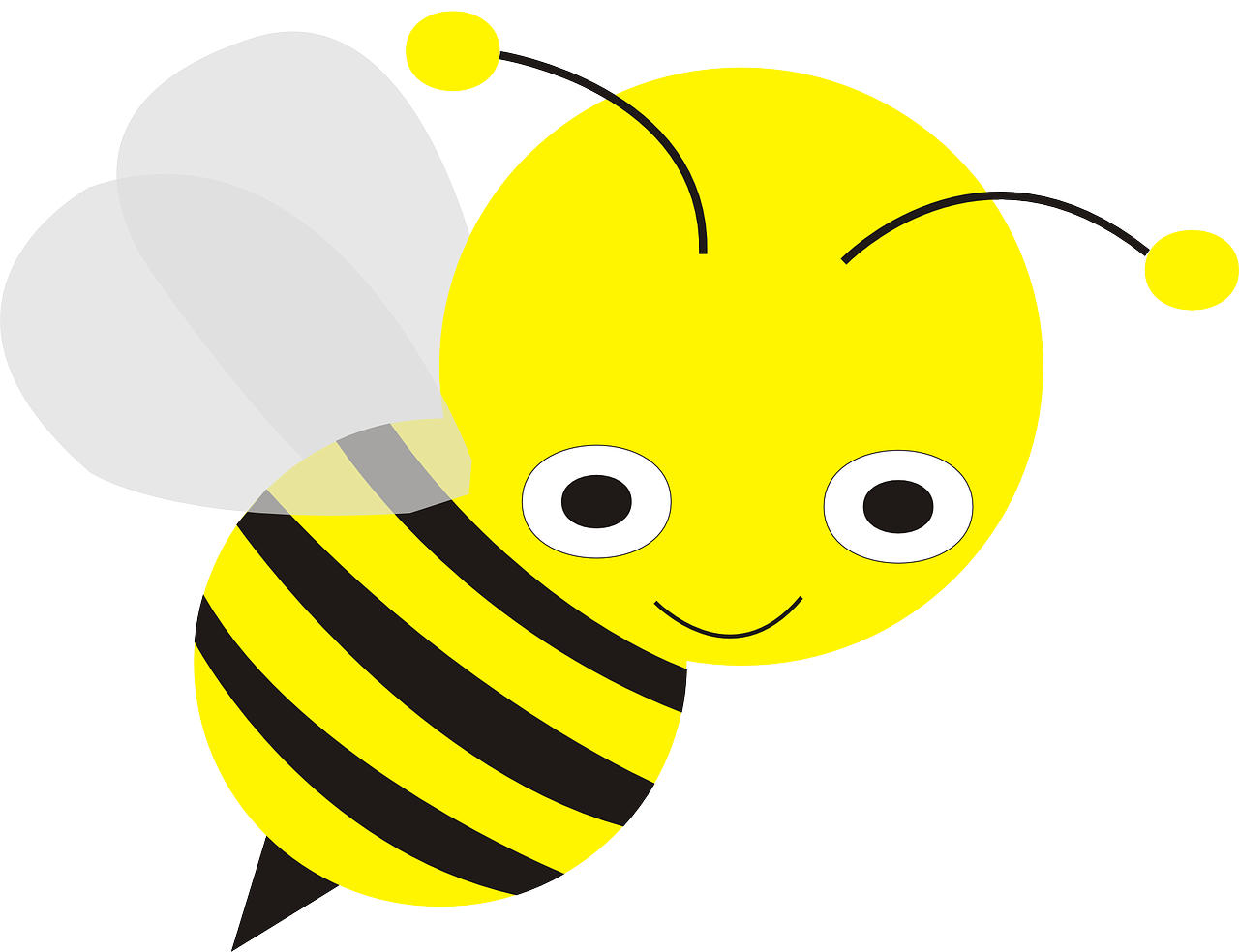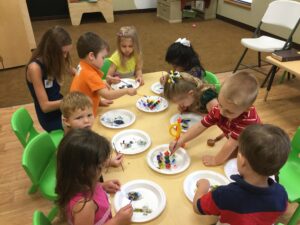
When Toddlers Bite: How to Respond and Prevent
by Leslie Marley
Biting is normal behavior, and there are numerous reasons why toddlers bite. At this age, children are learning to express and manage emotions. That may mean that emotions like anger or frustration come out in the form of biting. Toddlers may lack the necessary language skills to express that anger.
Toddler biting could also be due to teething or feeling overwhelmed by light and sounds in an environment. For toddlers, biting can even be a way of showing affection. In most instances, children aren’t doing it to cause harm.
How to Prevent Baby Biting
While children typically outgrow this behavior, it’s important to know some tips so you can respond appropriately and prevent future occurrences. Here are some tips to curb toddler biting.
Look Out for Warning Signs
As a parent, you need to be aware if there are any actions or circumstances that typically precede the behavior. Pay attention to what happens before a bite, where your child was located, and who your child played with. You may begin to notice a pattern in when and how your child bites, and with this knowledge, you can intervene to prevent biting before it occurs.
Distract Your Toddler
Before your toddler has a chance to bite, you can step in and distract him or her. You can offer a toy to play with or read a book. Either way, you merely need to shift your child’s attention away from the circumstances that may be causing tension or frustration.
If biting is due to teething, look for something like a warm washcloth or teething ring for them to chew on.
Read Books About Biting
Books are a great way to teach. Read books about biting that reinforce positive behavior, like Teeth Are Not for Biting by Elizabeth Verdick. As you read the book, ask your child questions, such as what he or she believes the characters feel on each page. This reinforces the association between feelings and words.
What to Do if Your Toddler Bites
Even with these prevention tips, biting can still occur. Here are some tips to keep in mind if/when your child bites.
Keep Feelings in Check
In the event a toddler bites you or someone else, try your best not to get angry or frustrated. Calmly count to 10 before talking to your child. Once you’re in a quiet area, communicate in a way that he or she can understand. Simply say, “Biting hurts. You hurt me and that makes me sad.” Your conversation should be succinct and clear, so your toddler can comprehend.
Importantly, avoid using punitive words that makes biting sound bad. A simple but direct conversation is preferable over negative language and reinforcement.
Give Attention to the Child Who Was Bitten
When your child bites another toddler, you should give more attention to the child who was hurt. After you inform your child that what he or she did caused harm, you want to shift focus to the other toddler. This communicates to your child that biting will not result in more attention.
Encourage Language Skills
Biting typically occurs in younger toddlers who haven’t developed language skills yet. As your child acquires new vocabulary, look for opportunities to reinforce the importance of using words to explain feelings.
Remember that labeling and understanding emotions takes time for young children. In addition to language, other emotional management techniques can be helpful in reducing frustration, especially for toddlers who are just beginning to learn verbal communication.
Talk with Your Child’s Teacher
It’s likely that your toddler’s biting behavior occurs in other situations, not just at home. If your child is in daycare, ask the teacher for recommendations to curb the behavior. If your child is biting in the classroom, the best thing you and the teacher can do is be consistent with how you handle it.
Biting is a normal part of development, but it becomes a concern when it occurs in social situations. Try some of these tips at home to help your child reduce his or her urge to bite. In addition to these tips, remember that your child will likely stop biting on his or her own once they learn language skills and self-expression.









